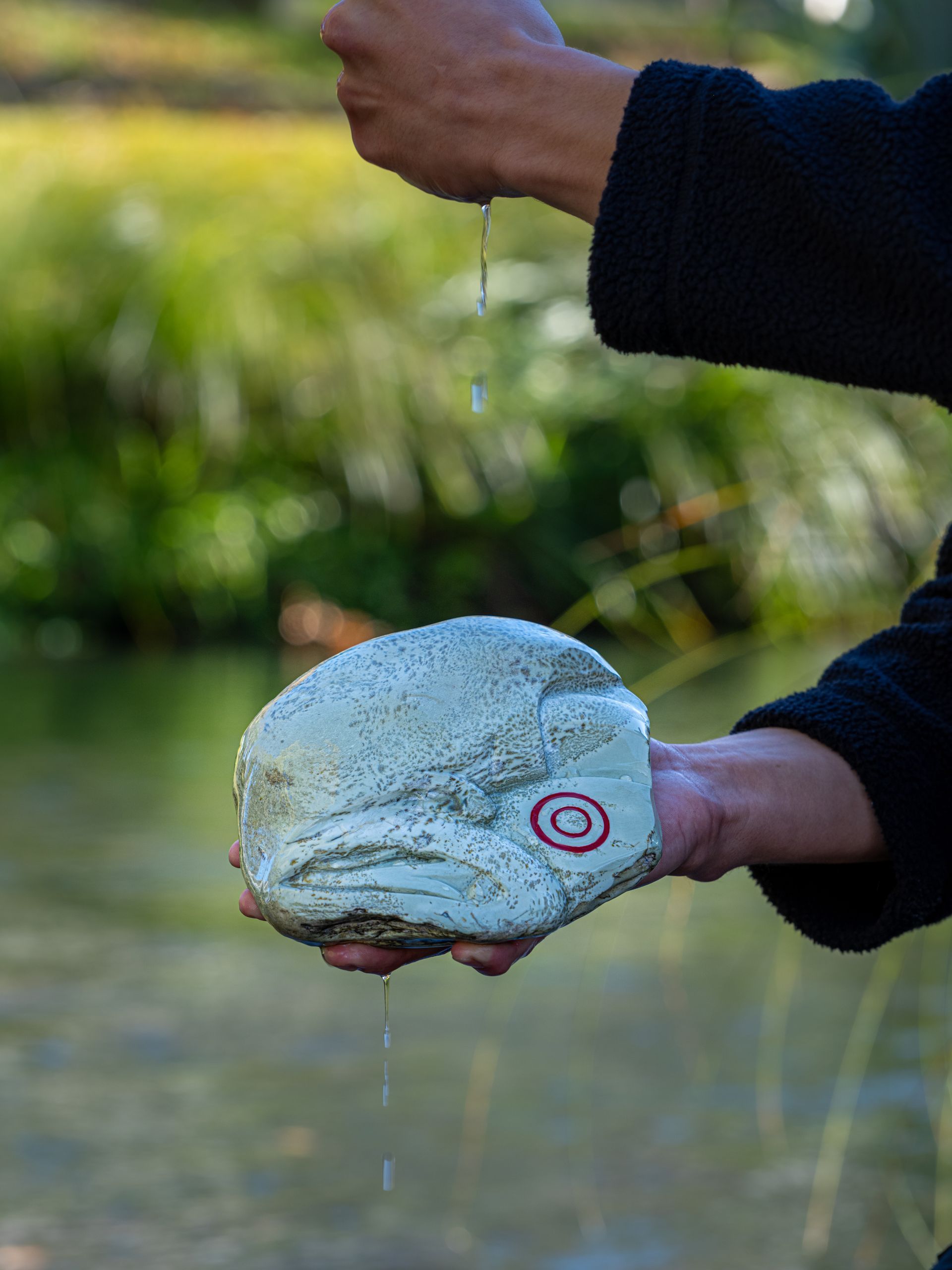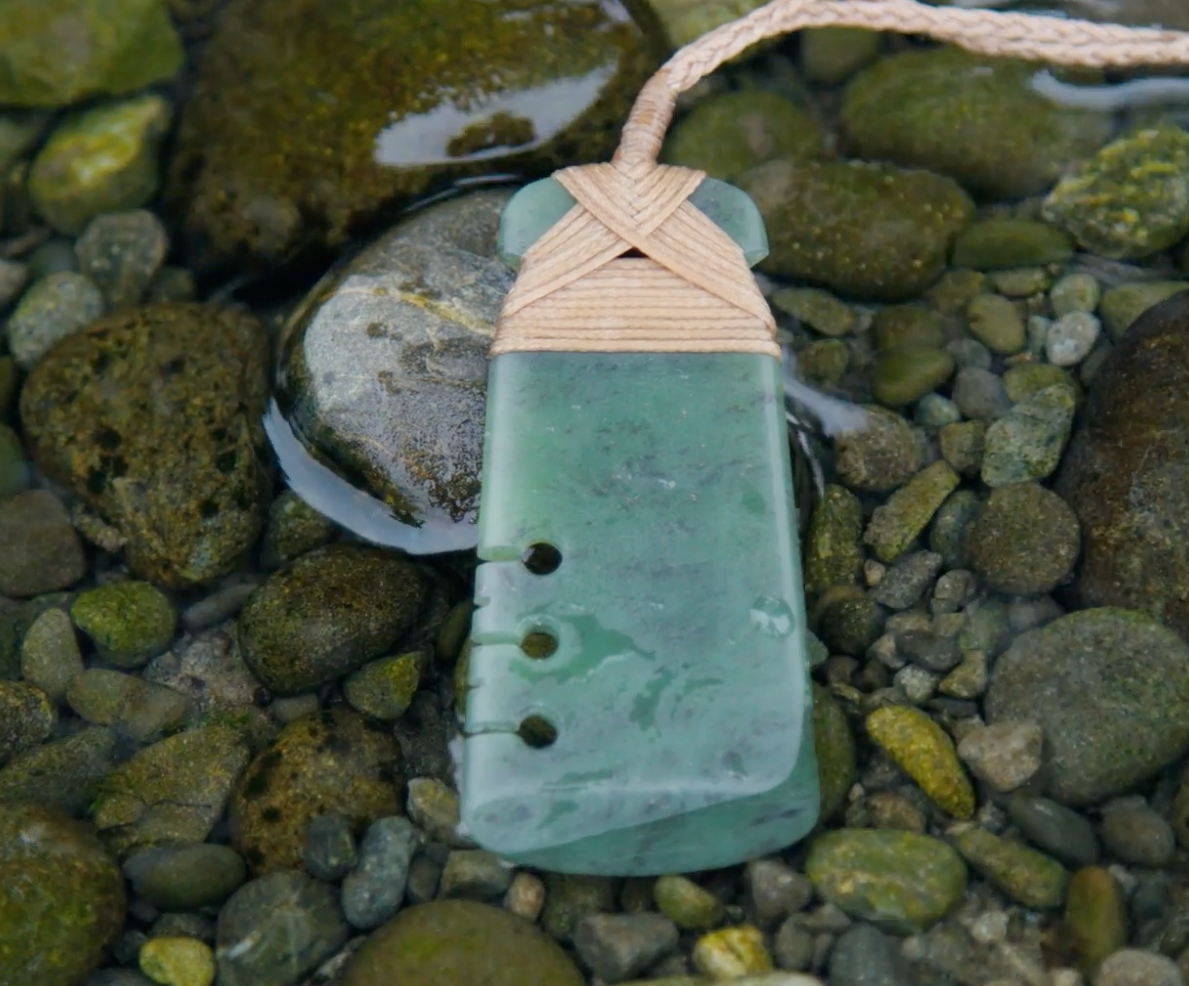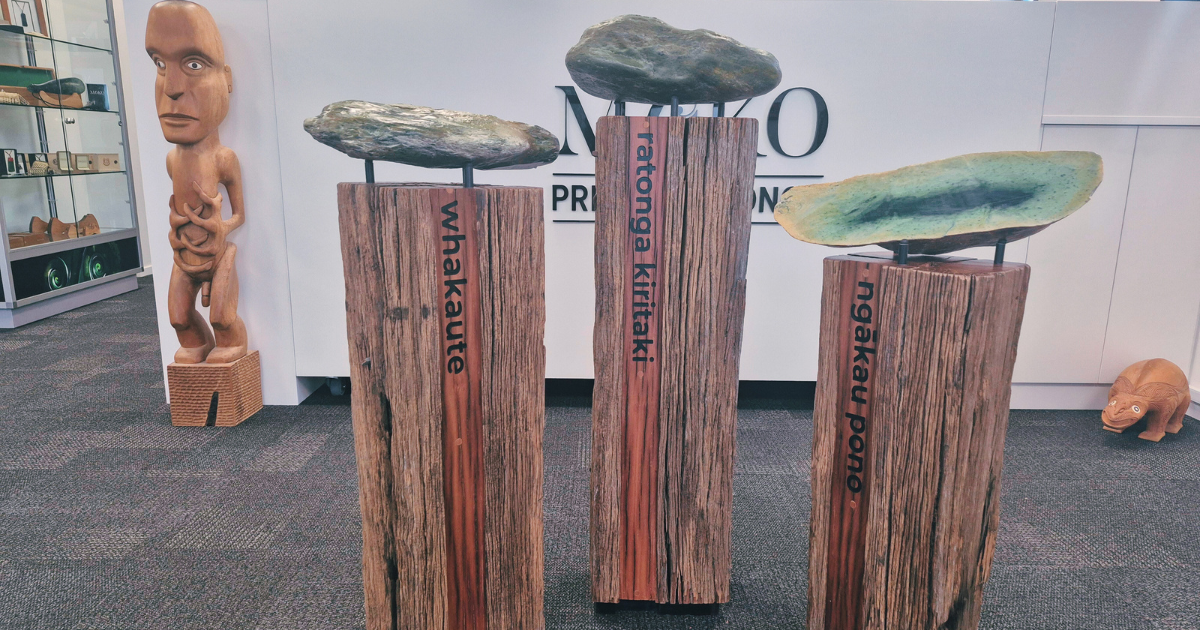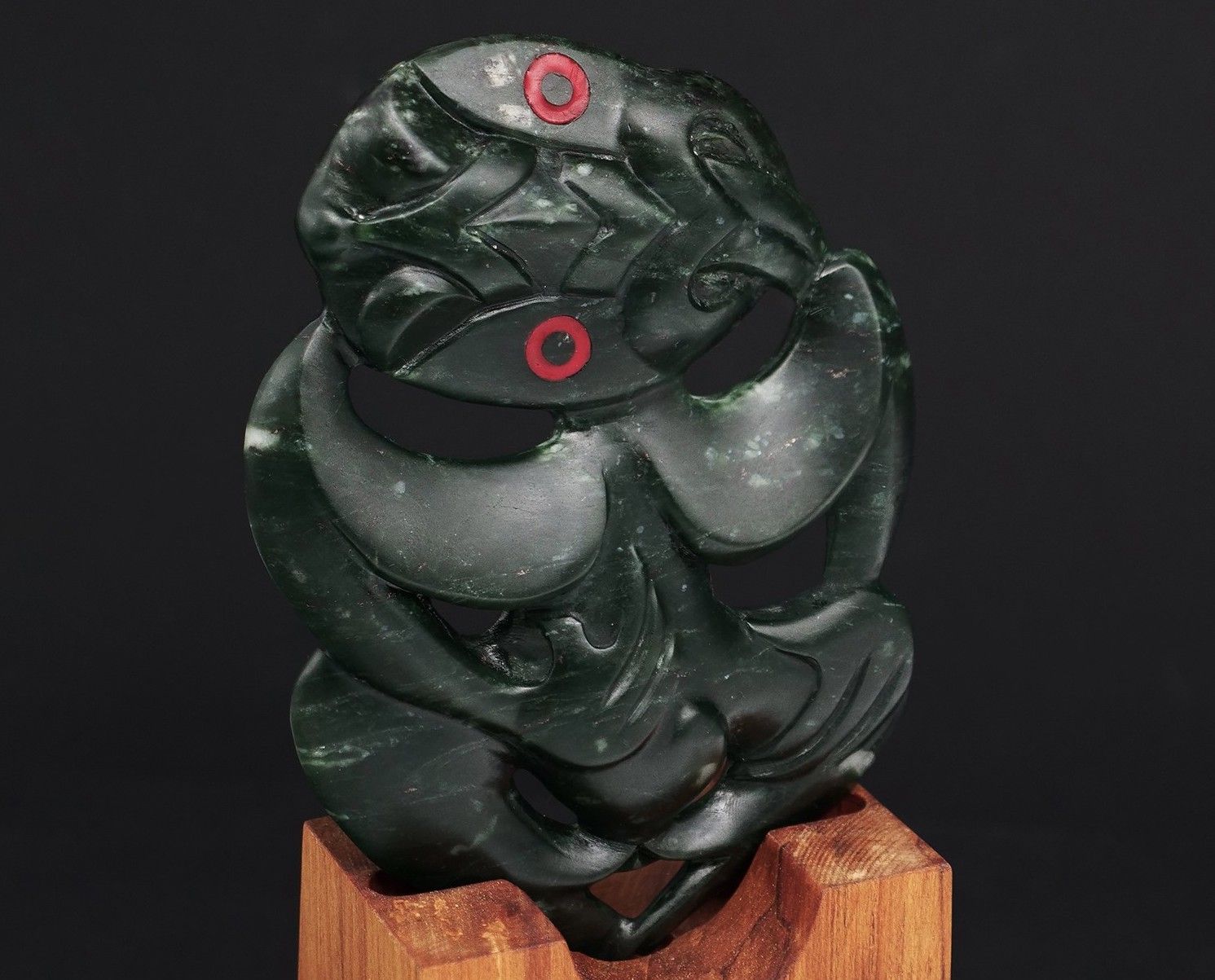
Is it OK to bless pounamu for yourself or when giving a gift?
Blessing pounamu is a hot topic of conversation when it comes to purchasing and gifting pounamu. We get asked a lot if we bless pounamu here at Moko, or whether it can be done online.
Before we share our thoughts about blessing pounamu, let’s take a moment at the history of Aotearoa’s most precious stone.
Pounamu or Greenstone is an umbrella term to describe different types of stone found in Aotearoa, one of which is nephrite (also known as jade). Different varieties of jade are found in other parts of the world and have other associations with blessings specific to other cultures, too.
But since Moko is here in Aotearoa and because we have a long relationship with the discovery and use of pounamu, this article is specifically about the relationship that all types of pounamu have to Māori culture and to Aotearoa New Zealand.
Pounamu has long been regarded as a tapu (sacred) part of Te Ao Māori (the Māori world); traditionally used for tools, trade currency and gifts, and highly regarded as taonga (treasure) - usually worn as jewellery after carved pieces had lost their efficacy as tools. Heirloom items increase in mana (prestige) as they are passed down through generations and the most valuable pieces are those that carry these rich histories within Iwi.
The reason that blessings became associated with the giving and receiving of pounamu is because of the significance of the belief system of Māori: the importance of tapu (sacred) and noa (non-sacred) items, and the close relationship that Māori have with the natural world.
If an object, or a person, is tapu it means it has, or they have, been put into the realm of divinity. It is considered untouchable and revered, and carries connotations of higher strength and good fortune. Traditionally, a Rangatira (Chief) or Tohunga (expert/healer) are the regarded channels through which to gain tapu from Atua (ancestors/higher power) for objects by using karakia (prayers) or ceremonies.
However, Tohunga Whakairo (Master Carvers) have long been regarded as keepers and educators of knowledge about the spiritual world and so historically everything they created was considered tapu, hence the direct relationship to pounamu.
Contemporary practices to honour past traditions can vary quite a lot depending on a person’s beliefs, their connection with Māori culture, or indeed their connection to the natural world.
So, whether you choose to bless a piece of pounamu is entirely up to you and your own beliefs, your relationship to Te Ao Māori, or your connection to Aotearoa. In our opinion having a piece of pounamu blessed honours the traditions and beliefs that have been passed down over time, and offers a level of respect to tangata whenua (the people of the land) of Aotearoa.
We have heard stories of people blessing their own greenstone (or gifts for others) in streams or rivers that mean something to them, and by all accounts this is an acceptable practice which honours and respects past traditions.
We believe in the act of blessing the gift together with the person who’s receiving it, so that the blessing is passed from you to the person receiving it. This is another modern-day practice honouring past traditions.
While our pounamu comes to us in a blessed state, we do not bless each individual carving as a standard practice. However, we are happy to bless your piece for its journey to you upon request. Over the years, we’ve found that many people prefer to carry out this meaningful act themselves or with the intended recipient.
The blessing of pounamu is a deeply personal and significant ritual, which may differ depending on your beliefs or connection to whakapapa (ancestry). You may also choose not to bless your pounamu.

Moko Pounamu Knowledge Library




